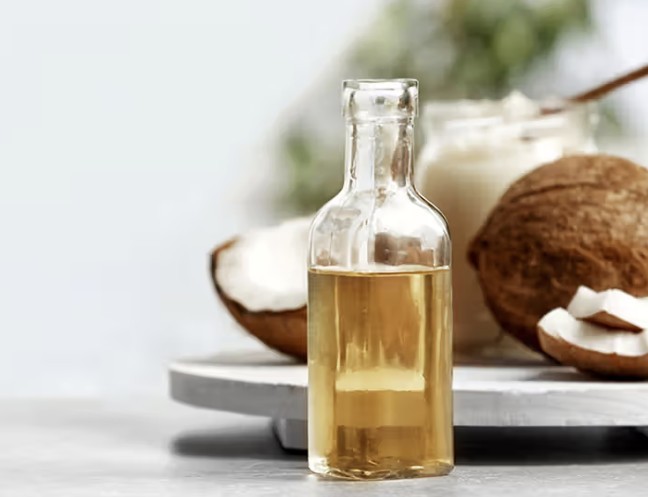views
Let’s be real—aging is beautiful, but there’s absolutely nothing wrong with wanting to age gracefully. Like many of you, I’ve tried all sorts of serums and creams promising miracles in a bottle. But one natural product kept coming up in conversations, DIY blogs, and even in my kitchen: Virgin Coconut Oil (VCO).
At first, I was skeptical. Coconut oil? On my face? But after weeks of using it consistently, I noticed something: my skin felt softer, my fine lines looked smoother, and my natural glow? Definitely brighter.
So, I dove into the science—and turns out, it’s not just a TikTok trend or a lola remedy. There’s actual research behind why Virgin Coconut Oil is a legit anti-aging powerhouse.
What Makes Virgin Coconut Oil So Special?
Unlike regular coconut oil, virgin coconut oil is cold-pressed and unrefined. This means it retains all of its powerful nutrients, antioxidants, and fatty acids. Here’s what’s inside:
-
Lauric acid: an antimicrobial fatty acid that helps fight inflammation and skin infections.
-
Vitamin E: a natural antioxidant known for protecting skin from damage.
-
Polyphenols: compounds that help fight oxidative stress, one of the main causes of skin aging.
How VCO Fights the Signs of Aging
-
Moisturizes Deeply
Dry skin tends to show wrinkles more visibly. VCO penetrates deep into the skin, locking in moisture and giving that dewy, plump look. -
Reduces Fine Lines
The antioxidants in VCO help neutralize free radicals that damage collagen and cause wrinkles. Regular use can soften the appearance of fine lines. -
Boosts Collagen Production
A study published in the International Journal of Molecular Sciences (2017) suggests that the antioxidant properties of coconut oil may support collagen synthesis, which is essential for skin elasticity. -
Heals and Protects Skin Barrier
A 2014 study in Dermatitis showed that virgin coconut oil improves skin hydration and increases skin surface lipid levels, making it ideal for restoring the skin barrier—especially in aging or dry skin.
How I Use It in My Routine
-
As a night moisturizer: After cleansing, I apply a small amount of VCO all over my face. Just 3–4 drops do the trick!
-
As an under-eye balm: I dab a tiny bit under my eyes to soften crow’s feet.
-
As a lip and neck treatment: Because aging shows there too, and VCO works wonders!
-
Bonus: I also use it as a natural highlighter—just a tap on my cheekbones for that glass-skin glow.
Important Note: If you have acne-prone or sensitive skin, do a patch test first! While many swear by it, everyone's skin reacts differently.
Quick Tip: Choose the Right VCO
For best results, choose:
-
Cold-pressed
-
Unrefined
-
Organic (if possible)
And yes, you can use the same jar in your kitchen and bathroom—multi-tasking at its finest!
Final Thoughts: Nature’s Fountain of Youth?
Virgin coconut oil isn’t a miracle in the Hollywood sense—but it's definitely a natural, affordable, and gentle way to support healthy aging. Whether you're just starting to notice fine lines or embracing your silver years, it’s a glow-up worth trying.
References:
-
Evangelista, M. T. P., Abad-Casintahan, F., & Lopez-Villafuerte, L. (2004). The effect of topical virgin coconut oil on Atopic Dermatitis. Dermatitis, 15(3), 109–116.
-
Verallo-Rowell, V. M., Dillague, K. M., & Syah-Tjundawan, B. S. (2008). Novel antibacterial and emollient effects of coconut and virgin olive oils in adult atopic dermatitis. Dermatitis, 19(6), 308–315.
-
Nevin, K. G., & Rajamohan, T. (2010). Effect of topical application of virgin coconut oil on skin components and antioxidant status during dermal wound healing in young rats. Skin Pharmacology and Physiology, 23(6), 290–297.
-
Dayrit, F. M. (2014). The properties of coconut oil and its potential use in COVID-19. Philippine Journal of Science, 143(1), 67–91.





















Comments
0 comment